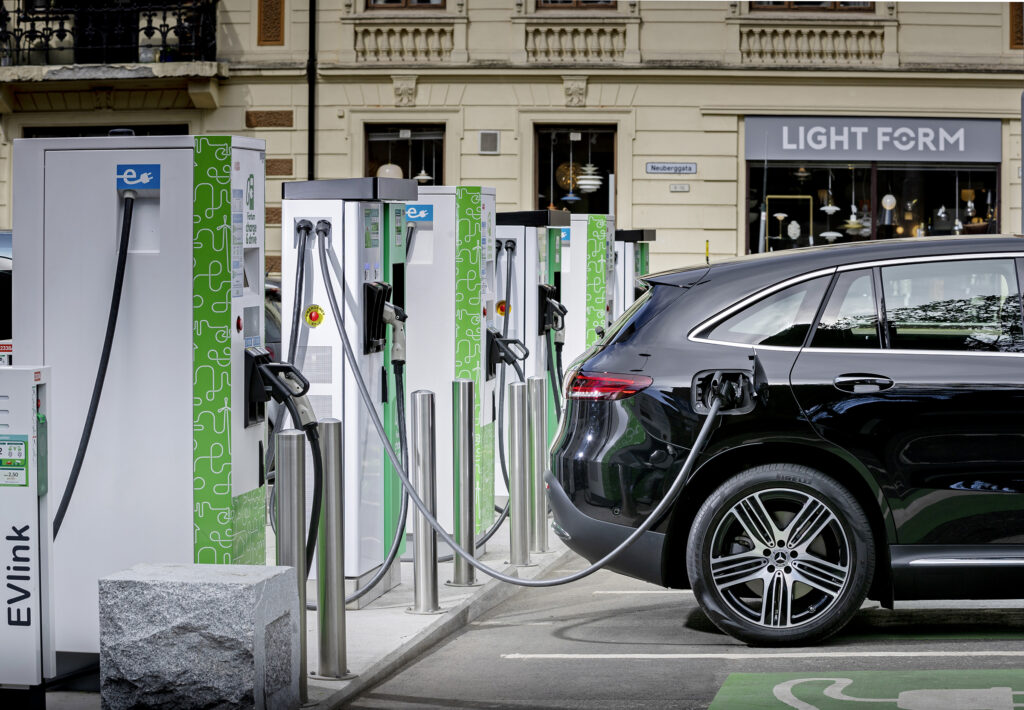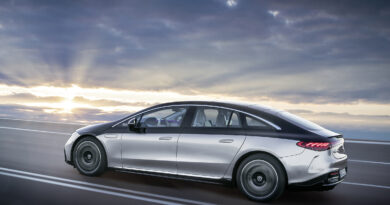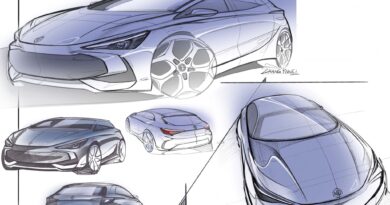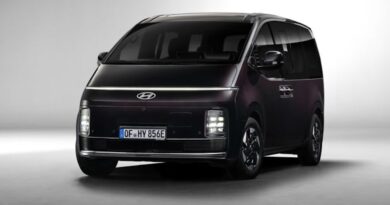India to force petrol stations to provide EV charging
India, the planet’s third-largest polluter, has come up with a world-leading idea to help reduce the amount of CO2 it is producing from cars; forcing petrol station owners to install electric-vehicle charging infrastructure at all of their locations.
A report from Bloomberg Quint says RK Singh, the minister for renewable energy and power, told top oil ministry officials that “they may issue an order for their oil marketing companies under their administrative control for setting up charging kiosks at all [Company Owned Company Operated (COCO)] petrol pumps”.
That would add up to a total of more than 69,000 vehicle-charging stations across the country.
Incredibly, existing oil ministry guidelines already require all new petrol pumps in India to have an option for an alternative fuel of some kind and, according to a source, “most of the new petrol pumps are opting for electric vehicle charging facility under alternative fuel option. But it will make huge difference when the existing petrol pumps would also install EV charging kiosks.”

If the government manages to enforce the construction of almost 70,000 charging stations it would entirely invigorate the infrastructure across India and accelerate the take-up of EVs in a country with a population of 1.35 billion (which sounds like a big number, yet they only buy around 4m cars a year, or four times as many as Australia).
Two-wheel EV options are extremely important in that market, which bought more than 20 million motorcycle last year

“The Indian automotive market now has a wide product portfolio of EVs including affordable two-wheelers, electric cars as well as vehicles for public transportation,” says Animesh Kumar, Director of Automotive Consulting at GlobalData,
“A vehicle scrappage policy, which is likely to encourage replacement of older vehicles with EVs, is also on the cards. However, the creation of adequate charging/swapping infrastructure is a key hurdle that India needs to overcome.
“A key challenge for the creation of battery charging or swapping infrastructure is lack of availability of space. Hence, the government’s plan of deployment of charging stations across fuel stations makes absolute sense as it will be easier to implement and help in the creation of robust charging infrastructure.
“Improvement in charging infrastructure will lay strong foundation for increased uptake of electric two-wheelers and passenger cars.

“On the passenger vehicle side, EV models such as Tata Nexon EV, Tata Tigor EV, MG ZS EV and Hyundai Kona Electric are available at competitive prices and have received positive market response. “




